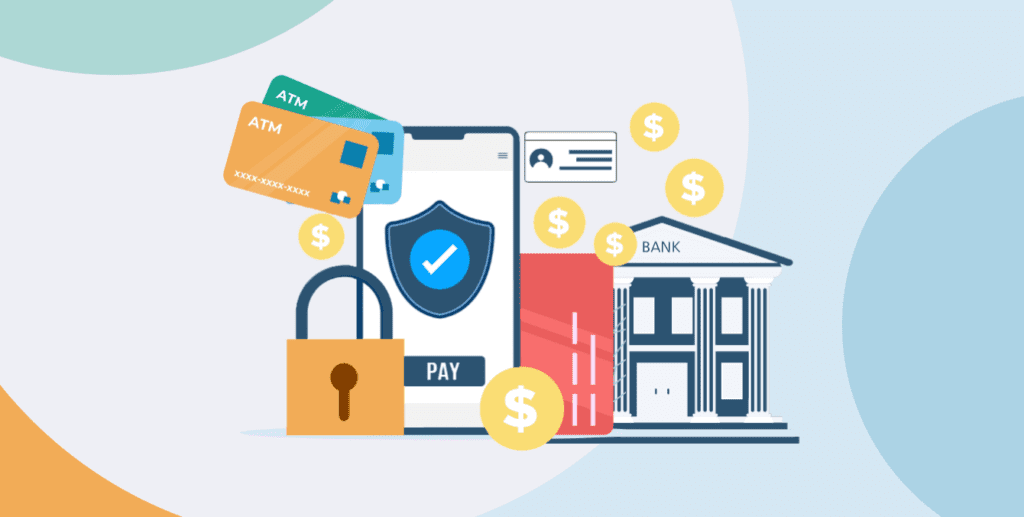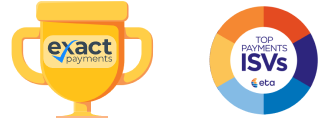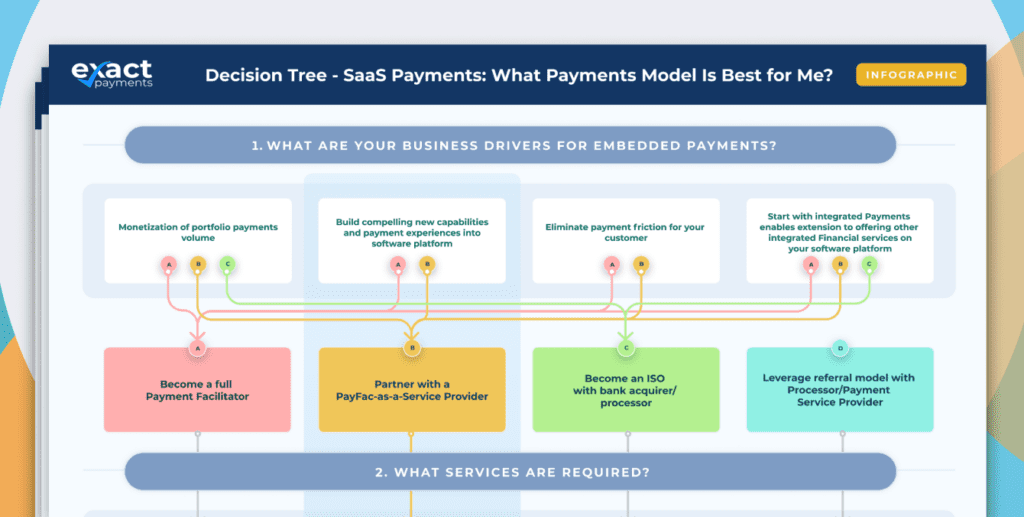Ten SaaS payment processing terms to know before implementing embedded payments

Before you jump into SaaS payment processing, there are a few things you should know to help make sense of the complex field of online payment processing, especially if you are integrating or embedding payments into your platform, service, or application.
Online payments are hotter than ever because of the huge growth in online transactions. It can be very easy to take payments online, but optimizing the ability to take payments, keeping your business safe and adding incremental revenue from payments all add layers of subtlety that can be difficult to understand. Even the basics of taking payments online come with a few unfamiliar concepts that you will need to know, like Know Your Custom (KYC).
Here are ten basic SaaS payment processing terms that you should know and understand before you delve into online payments. You can find more in our payments glossary and we also offer a detailed dive into embedded payments.
Chargeback
A chargeback occurs when a customer disputes a charge on their credit card statement, and the funds are returned to the customer. Chargebacks can be costly and damaging to a merchant’s reputation, so it’s important to have effective chargeback prevention measures in place.
Embedded Payments
Embedded payments represent the process of adding a payment service via a payment provider into an online service or mobile application to allow payments to be accepted within the service or application.
Know Your Customer (KYC)
Know Your Customer (KYC) is the process of verifying the identity of customers for security and compliance purposes. This process can include verifying personal information, such as name, address and social security number, as well as verifying identity documents, such as driver’s licenses or passports.
Payment API
A set of programming instructions that allow third-party developers to integrate payment processing into their applications. Payment APIs are used to connect applications to payment gateways and enable them to accept payments inside the application.
Payment Facilitator
A payment facilitator is a third-party service provider that helps merchants accept payments by aggregating multiple merchants under one master merchant account. By doing so, payment facilitators are able to streamline the payment process for small businesses and startups that may not have the resources to handle complex payment infrastructure.
Payment Gateway
A payment gateway is a service that allows a merchant’s website to connect with a payment processor for the authorization and settlement of payment transactions. It acts as a bridge between the merchant and the payment processor, ensuring secure and seamless payment transactions for both parties.
Payment Revenue
Additional or incremental revenue that a merchant of any kind, but especially an online platform or service provider, can generate by taking payments within their application, solution or website.
PCI Compliance
The process of adhering to the Payment Card Industry Data Security Standards to protect against data breaches and fraud. PCI compliance is a critical requirement for any company that processes payment transactions, and failure to comply can result in fines, legal action, and damage to a company’s reputation. PCI compliance requires companies to implement security measures such as encryption, access controls and regular security audits.
Risk Management
Assessing and managing the risk of fraudulent or unauthorized payment transactions. This involves implementing various security measures and fraud prevention tools to minimize the risk of fraudulent activities. Risk management is critical for protecting both merchants and consumers, as it helps to prevent financial losses and protect sensitive data.
Token Service Provider (TSP)
A TSP is a company that offers payment tokenization services to merchants and payment processors. Payment tokenization replaces sensitive payment card data with a unique token, reducing the risk of fraud and making payments more secure. TSPs issue and manage these tokens.
If you want to know more about how these factors, and others, are going to affect adding payments to your platform or application, please get in touch and we will be happy to help you out.



